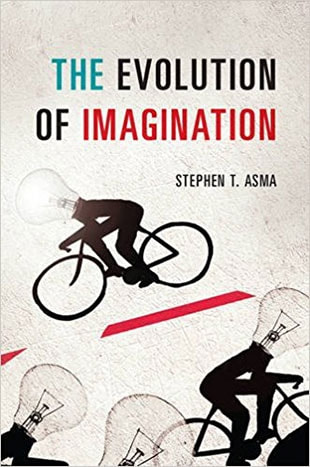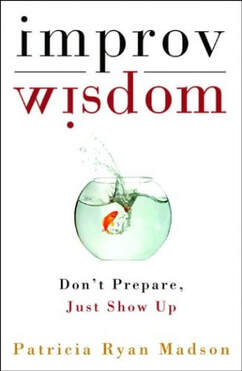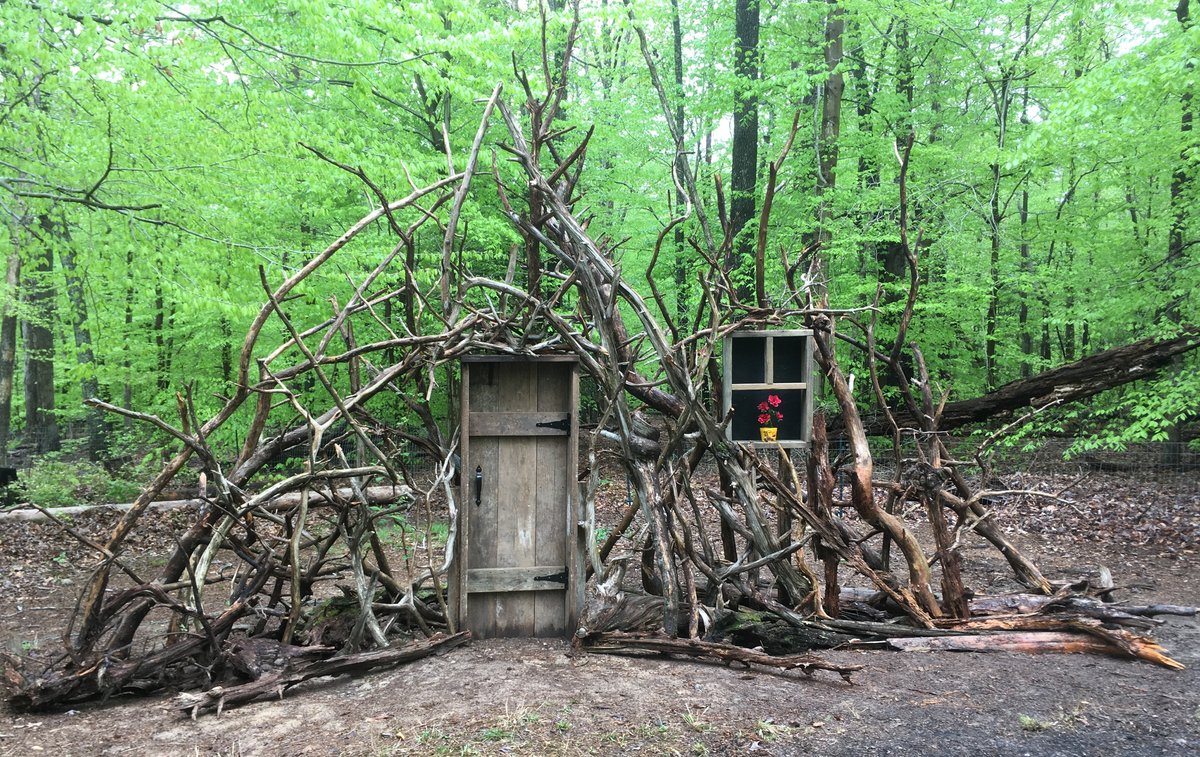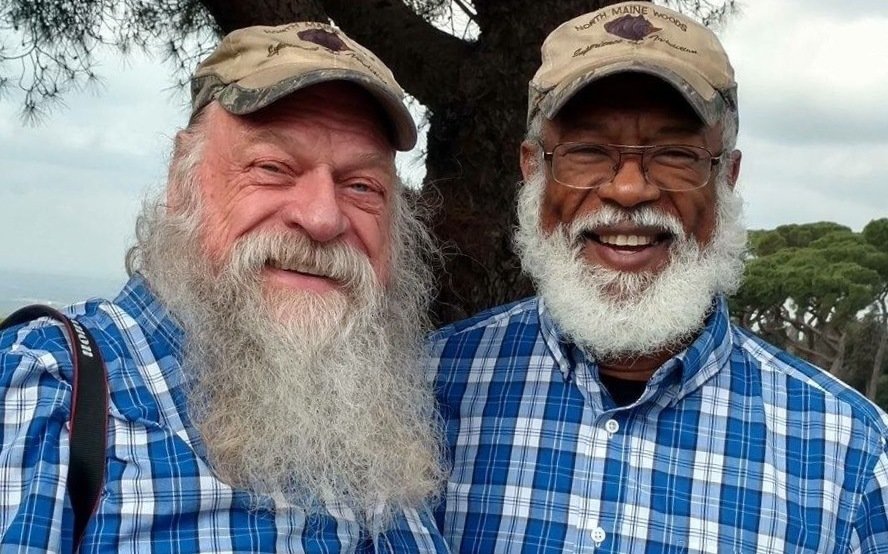- Home
- Process Worldview
- Community
- Art and Music
- Whitehead and Process Thinking
- Podcasts
- Spirituality
- Ecological Civilization
- Education
- Contact
- Social Justice
- Science
- Animals
- Sacred Poems
- Whitehead Videos
- Index of All Titles
- Practicing Process Thought
- Process Spirituality: A Spiritual Alphabet
- Recent Posts
Not knowing helps the experience of getting there. (Bootsy Collins)
The Evolution of Imagination

"Stephen T. Asma is Distinguished Scholar and professor of philosophy in the Department of Humanities as well as Fellow of the Research Group in Mind, Science, and Culture at Columbia College Chicago. He is the author of several books including On Monsters and Against Fairness.
"Improvising in a jazz band, or medical triage unit, or a soccer team requires shared intentionality of a high order. We are a call-and-response, turn-taking species. The tenor horn blows a blues riff, and the piano responds by mimicking the phrase; the dancer leans in with his hip and his partner curls slightly in response. Just like a jazz musician, the early improviser had to be very sensitive to the volitions of others around him,” writes Asma as he pinpoints the amazing source of human imagination, freedom, and meaning.
Using personal anecdotes, references from genetics and psychology, and insights from neurology, biochemistry, sensory perception, and the emotions, the author explains the biological basis for imagination. He maps the energetic flow of creativity and ponders the evolutionary dynamics of collective action and embodied expression.
Asma's ability to blend philosophy with his observations as a musician and jazz player opens the doors to the hallmarks of the improvising mind-set — fluid responsiveness, toleration, and a level of comfort with failure and ambiguity.
While reflecting on these bounties, we can try to understand the greatest threats to human flourishing today are wealth inequality, environmental degradation, and dogmatism. Imagination is the “ancient operating system at the root of cognition and culture." According to Asma, it forges and expands actions in everything from hunting to performing to athletic activities and to conversation. It resuscitates perception and action and serves as a workspace to foster valuable behaviors, tools, and narratives.
The Evolution of Imagination is an inventive assessment of this spiritual practice which shines a light on the dynamics of improvisation in all creative activities."
-- Frederic and Mary Ann Brussat, originally posted in Spirituality and Practice
"Improvising in a jazz band, or medical triage unit, or a soccer team requires shared intentionality of a high order. We are a call-and-response, turn-taking species. The tenor horn blows a blues riff, and the piano responds by mimicking the phrase; the dancer leans in with his hip and his partner curls slightly in response. Just like a jazz musician, the early improviser had to be very sensitive to the volitions of others around him,” writes Asma as he pinpoints the amazing source of human imagination, freedom, and meaning.
Using personal anecdotes, references from genetics and psychology, and insights from neurology, biochemistry, sensory perception, and the emotions, the author explains the biological basis for imagination. He maps the energetic flow of creativity and ponders the evolutionary dynamics of collective action and embodied expression.
Asma's ability to blend philosophy with his observations as a musician and jazz player opens the doors to the hallmarks of the improvising mind-set — fluid responsiveness, toleration, and a level of comfort with failure and ambiguity.
While reflecting on these bounties, we can try to understand the greatest threats to human flourishing today are wealth inequality, environmental degradation, and dogmatism. Imagination is the “ancient operating system at the root of cognition and culture." According to Asma, it forges and expands actions in everything from hunting to performing to athletic activities and to conversation. It resuscitates perception and action and serves as a workspace to foster valuable behaviors, tools, and narratives.
The Evolution of Imagination is an inventive assessment of this spiritual practice which shines a light on the dynamics of improvisation in all creative activities."
-- Frederic and Mary Ann Brussat, originally posted in Spirituality and Practice
Improvisational Wisdom

"All of us are making up our lives as we go along. We improvise in our daily conversations, our parenting, our work. Whether making a meal or fixing a tire, we do the best with what we have. Patricia Ryan Madson has taught drama at Stanford for three decades, worked as a creativity consultant to corporations, and served as a private counselor. She and her husband, Ronald, direct the California Center for Constructive Living, based on the work in Japanese psychotherapies of David K. Reynolds.
Madson writes: "A good improviser is someone who is awake, not entirely self-focused, and moved by a desire to do something useful and give something back and who acts upon this impulse." We live in times when people are desperately seeking security and a life of as few risks as possible. This is precisely the time, says the author, to savor the pleasures and delights of an improvised life. She has come up with thirteen laws of improvisation along with exercises for each. They include: say yes, don't prepare, just show up, pay attention, face the facts, act now, take care of each other, and enjoy the ride.
Together these laws spell out a flexible and spontaneous spiritual practice of play. For Madson winging it is not terrifying; it is a pathway to adventure. Try these exercises, and you will find that paying attention, being present, using your imagination, and acting joyfully will come more easily."
-- Frederic and Mary Ann Brussat, originally posted in Spirituality and Practice
Madson writes: "A good improviser is someone who is awake, not entirely self-focused, and moved by a desire to do something useful and give something back and who acts upon this impulse." We live in times when people are desperately seeking security and a life of as few risks as possible. This is precisely the time, says the author, to savor the pleasures and delights of an improvised life. She has come up with thirteen laws of improvisation along with exercises for each. They include: say yes, don't prepare, just show up, pay attention, face the facts, act now, take care of each other, and enjoy the ride.
Together these laws spell out a flexible and spontaneous spiritual practice of play. For Madson winging it is not terrifying; it is a pathway to adventure. Try these exercises, and you will find that paying attention, being present, using your imagination, and acting joyfully will come more easily."
-- Frederic and Mary Ann Brussat, originally posted in Spirituality and Practice
Improvisation, Imagination, and Faith
“Not knowing helps the experience of getting there.” Thus explains Bootsy Collins, an American singer-songwriter, in the Red Bull video above. He is talking about the experience of improvisation in music-making.
Most of us know this. In the spiritual alphabet M is for mystery, and part of Mystery is the openness of the future. It is never completely determined by the past. It is open. Who among us can fully control the future? Or needs to?
However, we can forget this openness when, in times of stress, we seek to manage our lives or the world around us too precisely, too tightly. As Holly Herndon, another musician, put it: “People like to protect themselves and protect what they think is special; what it does it squash it and not allow it to evolve.”
If we find ourselves in the squashing mode, it can be hard to un-squash. It’s hard to will ourselves into a less willful and more cooperative way of being.
Still, the letting go happens, and usually, it is forced upon us by circumstances.
We simply can’t manage them, happy or sad, so we must let go. Or, better, the letting-go happen. The clinging drops away of its own accord, like a flower wilting from too much heat, or ice melting from warmth.
Often, something beautiful happens after the letting go. Fresh, unexpected, and unplanned possibilities come to us; they present themselves. Possibilities for joy, for acceptance, for inner peace, for renewed connections, for compassion, for wonder, for new life.
If we seek to name the source, we can use holy words: God, the Future, the spirit of Novelty, the Calling, the Gift of Surprise.
One thing is clear, we are saved or made whole by it. At least momentarily. We can prepare for the salvation by welcoming the not-knowing. As Bootsy Collins says, it is part of the experience of getting there.
With its recognition that the future is not-predetermined, not even by God, open and relational theology is an invitation to accept and embrace this kind of not-knowing.
This acceptance is an inner act of surrender to the arriving of the new and unexpected, the arriving of novelty. This acceptance has a freedom of its own. It is not rigid or fervent. It is pliant and adaptive, trusting and flexible. It is open and relational theologians call faith.
- Jay McDaniel, 3/5/21
Most of us know this. In the spiritual alphabet M is for mystery, and part of Mystery is the openness of the future. It is never completely determined by the past. It is open. Who among us can fully control the future? Or needs to?
However, we can forget this openness when, in times of stress, we seek to manage our lives or the world around us too precisely, too tightly. As Holly Herndon, another musician, put it: “People like to protect themselves and protect what they think is special; what it does it squash it and not allow it to evolve.”
If we find ourselves in the squashing mode, it can be hard to un-squash. It’s hard to will ourselves into a less willful and more cooperative way of being.
Still, the letting go happens, and usually, it is forced upon us by circumstances.
We simply can’t manage them, happy or sad, so we must let go. Or, better, the letting-go happen. The clinging drops away of its own accord, like a flower wilting from too much heat, or ice melting from warmth.
Often, something beautiful happens after the letting go. Fresh, unexpected, and unplanned possibilities come to us; they present themselves. Possibilities for joy, for acceptance, for inner peace, for renewed connections, for compassion, for wonder, for new life.
If we seek to name the source, we can use holy words: God, the Future, the spirit of Novelty, the Calling, the Gift of Surprise.
One thing is clear, we are saved or made whole by it. At least momentarily. We can prepare for the salvation by welcoming the not-knowing. As Bootsy Collins says, it is part of the experience of getting there.
With its recognition that the future is not-predetermined, not even by God, open and relational theology is an invitation to accept and embrace this kind of not-knowing.
This acceptance is an inner act of surrender to the arriving of the new and unexpected, the arriving of novelty. This acceptance has a freedom of its own. It is not rigid or fervent. It is pliant and adaptive, trusting and flexible. It is open and relational theologians call faith.
- Jay McDaniel, 3/5/21
The City as a Context for Imagination
Improvising the Future
Jazz, Cities, and the Unplanned Part of Building Things Together
There is no difference between human experience and an act of improvisation.This resonates with an idea about improvisation that I've been working with recently, which is that improvisation should actually be regarded as identical with what we call experience. This means that there is, in fact, no difference between human experience and the act of improvisation, which means that we're actually always improvising. It means that improvisation is central to consciousness and to everything that we know. In a way, this insight about improvisation makes it so primal, as a concept, that it becomes almost impossible to place value on it. It is something that structures who we are and how we move about in the world. This means that there is improvisation that you could call "bad" or "evil." That is, for every Roscoe Mitchell or Charlie Parker or John Coltrane or Alice Coltrane or Mary Lou Williams, you also have a Dick Cheney or a contractor with Haliburton, with an itchy trigger finger. They're improvising, too Improvisation is essential to ecological civilization. In such a civilization the unplanned is as important than the planned.A city is a place for collaboration and conflict. In a sustainable city there is more collaboration than conflict; in an unsustainable city there is more conflict than collaboration. Either way people are improvising their lives as they interact with one another. Improvisation is not a casual adjunct to their experience; it is their experience, lived subjectively, from a first-person perspective. Whitehead calls it concrescence; Vijay Iyer calls it improvisation. |
Cities are contexts for improvization. We struggle to connect and sometimes it happens."Cities exist because we – that is, “humankind” – are able to build things together, and music was among the first things we ever built together. The capacities to coordinate and synchronize our actions, to incorporate each other’s rhythms, to make choices together in real time – to groove and to improvise – these are human skills, not merely musical skills. These are the foundations of what is called civilization. |

